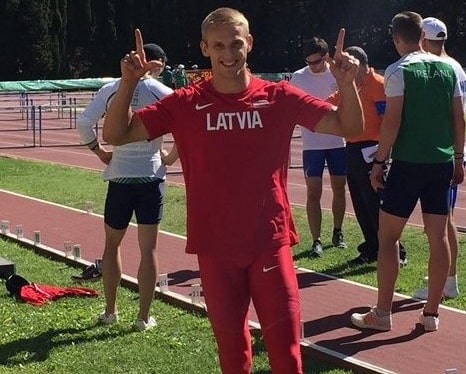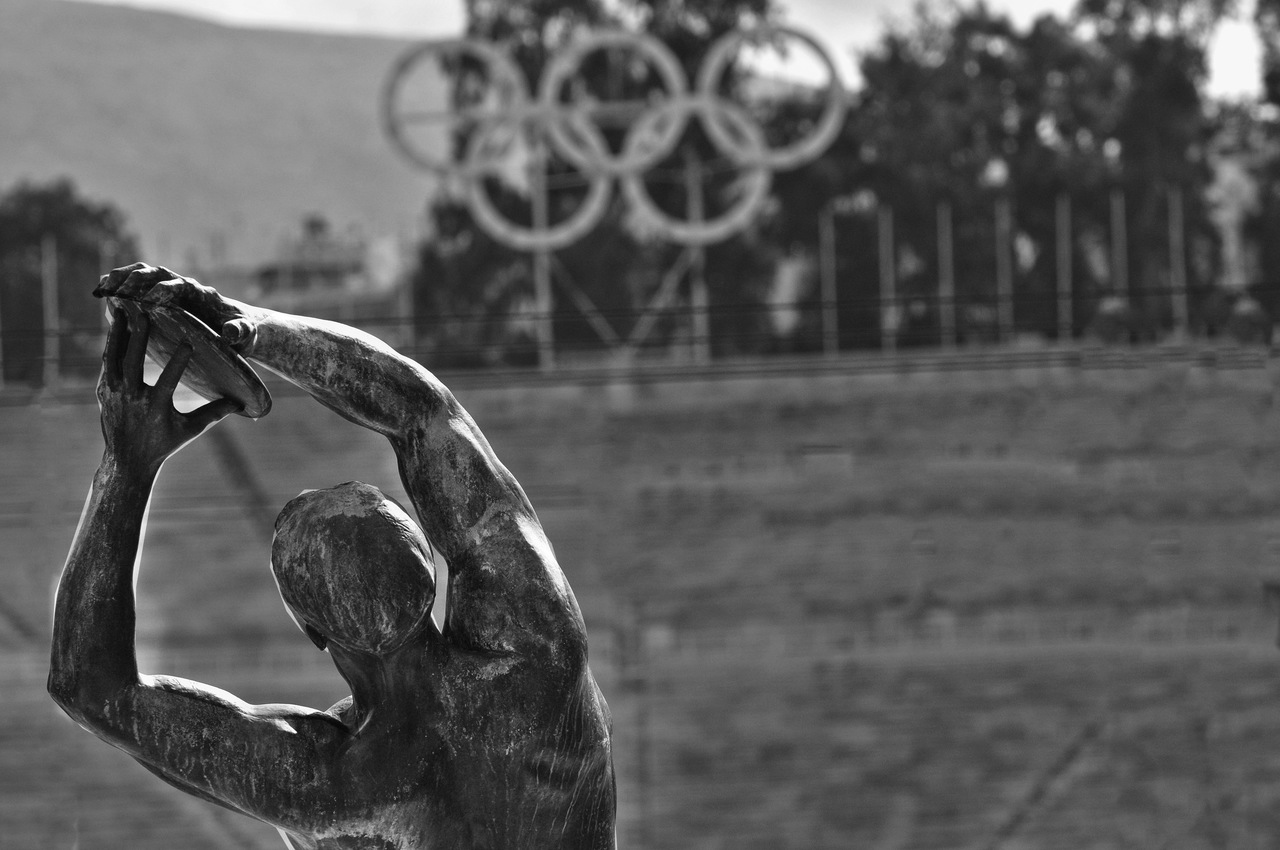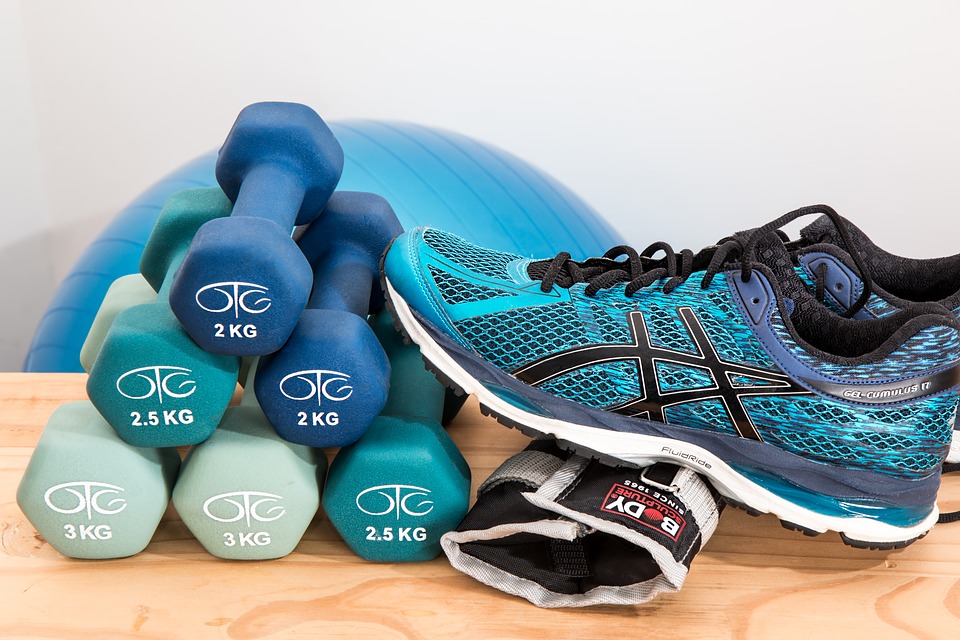Interview with Jan Mühlfeit

Foreword
There was no way to contain Jan’s character within the questions we had prepared. His spirit is wild, uncontainable, however, wise and deliberate. In fact, that is how he described the best current athletes he helps to coach.
During the interview, Jan drew diagrams, gave world history highlights, insights into brain chemistry, and even made us practice drinking water mindfully. His holistic presentation cannot merely be called an interview because it was immeasurably larger than that. It was a valuable and well-balanced experience that I will do my best to share with you.
DP: As a former Microsoft Europe Chairman, what qualities do you think people need to have in order to get to and stay on the top?
JM: I’ve been studying optimal performance of human beings for a few years now. It seems that whatever discipline of life one might be pursuing, whether it’s sports, art or science, you need talent for it. That’s number one. And then you need to be mentally tough. Mental toughness is the ability to produce good results even under tough conditions.
At Microsoft, I studied what it takes to create great teams. First, it is important to find people’s strengths, then help to create team synergy. I learned that leaders need to know how to inspire. Inspiration is different from motivation. Inspiration is possible only if a leader has a vision. Vision is a picture of the world that does not exist yet but is worth the journey, then other people will start following that vision.
DP: What mindset strategies did you have to study most then and now to lead the best performers?
JM: I studied flow. I learned that the people who perform the best are also the ones who know how to be in “the zone”. (Here he began to draw a diagram). It’s important to learn how to control your mind. Part of it is controlling the amygdala – the section of the brain that is responsible for detecting fear and preparing for emergency events, as well as other emotions. I call it “the internal monkey” that is never praising. You need to learn to keep it under control. Everything is more effective when you are learning in the flow. When you are in the flow state, your body is producing more endorphin, which is a natural form of pain killer. Roger Federer, Ronaldo, and other great athletes spend around 80-90% of the time playing in flow. “The internal monkey” is always trying to write a negative code in your mind that you need to actively work to reframe so it does not affect you negatively in the future.
DP: What did your learning curve look like with regards to controlling this internal monkey?
JM: For four years I was announced as the best performing manager in Microsoft worldwide. It’s like winning the Olympics four times in a row. My journey at Microsoft was truly a learning curve. A tough one. In 2012 I spent three months in a mental hospital with very bad depression, looking forward to death. I went from an absolute pinnacle of my life to the very bottom, partly because I didn’t know how to control “the internal monkey” at the time.
Only after that experience, I learned about the brain. Subconsciousness, in other words, our computer, is fast. The logical part of the brain – slow. The Amygdala section of the brain or, “the monkey” is what causes trouble when we let it run loose. When you have a positive idea, the monkey is sleeping. But when you have a negative idea, the monkey is getting up and trying to create a negative story. We have past, present, and future. Even though we know that we can change the future only in the present moment, the internal monkey wants us to believe that the past defines our present and will certainly be projected into the future. And it also tells you that it’s your fault.
If you are depressed – you only have negative energy, you start believing that story about yourself, it creates a vicious cycle. All the good chemicals are gone. The bad cortisol and adrenaline prevail and dominate.
DP: How did you manage stress? What were the tools you used to keep going?
JM: Stress was the same 100,000 years ago as it is now. It’s a battle between the sympathetic and parasympathetic systems. When we are stressed, we have shallow breathing, that blocks our diaphragm, we are in the “fight or flight” mode, blood is going out from the brain into the limbs. You are being prepared to fight or run away. The brain needs blood to be effective. It is a suboptimal environment as regards to using subconsciousness effectively. It is important to run on alpha and theta waves while learning and managing life. Then we can be effective. It is also important to unblock the diaphragm, and there are various exercises for it that many athletes already use. Last year in Stanford they did a small experiment with ten students. Before the exam, five students were asked to sit upright, while the other five were asked to bend over. The students who sat upright got 30% better results on the test. Winners are winning in the mind before the competition has started. It takes visualizing winning in the mind and constantly cutting off “the internal monkey” in training and competition. Living and training on alpha and theta brain waves also help fight stress. All that together is what I call, the TMT – total mental training. (Here Jan asked us to take a sip of water, then asked again, what we were thinking while we were drinking it.) You can learn to be mindful about everything. It’s also a great skill. (At this point the next athlete was already in line waiting for Jan’s coaching lesson, as the line seemed to be endless and daily)
DP: What’s the importance of “a personal why” in your current job as a mental coach, and what have you observed among athletes in this regard?
JM: It’s the ultimate question of meaning – why do I do what I do? I find my meaning in staying in the present moment. Playing one present moment after another. I see athletes being too attached to the outcome. I say - don’t be attached to the result. To some degree, you must give up wanting to win. Use one present moment after another and the meaning will come, as well as the result.
DP: Where do you think coaches could improve with their athletes?
JM: Most coaches respond negatively to their athletes’ failures at first. Athletes’ “internal monkey” is already being negative. Coaches need to use a sandwich approach in their communication – start with a positive comment, that is when serotonin (a chemical of praise) is released, after that you can give feedback in the form of constructive criticism (always criticize activity, not the person) and then express trust for the future. Here you can touch the other person, that is when oxytocin (chemical of trust) is released. The sandwich system is effective for anyone who is trying to give corrective advice, whether coaches or other athletes. This way you learn what you did well, what you need to do differently, and keep your integrity still intact.

Some members of Decathlonpedia team after the interview with Jan.
DP: Steve Jobs in 2005 at the Stanford commencement speech said that the most important thing in life is to have the courage to follow your heart and intuition. Do you ever doubt that you are pursuing what you truly love? What would you advise to athletes in this regard?
JM: Sometimes I have sorrow and self-pity. I tackle it. I look at some of my personal warriors, like, Nick Vujicic, who was born with no legs or arms and inspires millions of people. I admire this man. He says, “No legs, no arms – no problems.” I admire his attitude on life. I think of it as premier league thinking.
DP: What do you think about “the nature versus nurture” question? Where are the best athletes on “the talent vs effort” spectrum?
I think, talent is number one, as I mentioned, however, you must invest in that talent to reach the top. Once I had a chance to meet Bruce Lipton, a world-renowned epigeneticist. Restructuring my own brain was necessary to overcome my depression. The brain is neuroplastic. It changes. When you are a kid, it happens to a large degree, but it also occurs when we are older. Athletes’ brains change when they visualize, watch other people and more. I recently published my latest book, “Unlocking children’s potential.” I talk about this question there a lot as regards to parenting; however, many coaches have already found it useful. Soon it will be published in English as well.
DP: How do you recharge your batteries?
JM: I meditate, do yoga, Tai-chi. I also run almost every day for 10 kilometers. It helps restore my energy levels.
DP: What practical tips can you give us for effective time management?
JM: I don’t recommend that people manage their time. I recommend managing energy levels. We cannot control time, but we can control our energy. (He starts drawing another diagram) I decide what’s important, what is urgent and then see what I can delegate to someone else, and where I need to act. Many people spend a lot of their time and energy in the “urgent” box. That puts you in “fight or flight” mode. I try not to do that, I spend about 10% there and the rest of it someplace else, where it’s not so stressful. I can do that because I don’t procrastinate. I try to work on things early, so they don’t stress me out. It’s impossible and unnecessary to avoid all stress, but unnecessary stress can be avoided by doing things on time.
DP: What mentors have you had in your life that helped you become a people-driven, positive leader?
JM: One of the mentors that has helped me a lot is Deepak Chopra. I met Deepak at one of the speeches he gave at Microsoft many years ago. We have created a course together, “The Positive Leader”. I also read a lot about Buddha. Indirectly his words have also influenced me significantly. Obviously, I tried to learn from Bill Gates while working at Microsoft.
DP: What can coaches benefit from in your first book “The Positive Leader: How Energy and Happiness Fuel Top-Performing Teams”?
JM: One thing for coaches – you need to create a vision that does not exist yet, but athletes can believe in it and go all in. That is how the Czech National hockey team won the Nagano 1998 Olympics. Our team was predicted not to make the top 5. Our head coach helped the athletes believe. Maybe another important thing for coaches is to help their athletes train in the flow state. Most coaches are into physical attributes of training. The mind is just as important as physical training. Mental toughness can be learned, coaches can help with that.
DP: What one piece of advice you can give to athletes who are just starting their sports career?
JM: One advice for athletes: be more of who you are. You are original. 5 Olympic games winners – not one of them is a copy-paste version. The best athletes are embracing their uniqueness. You need to give these athletes a menu so they can choose. Also, train to be mindful.






Comments